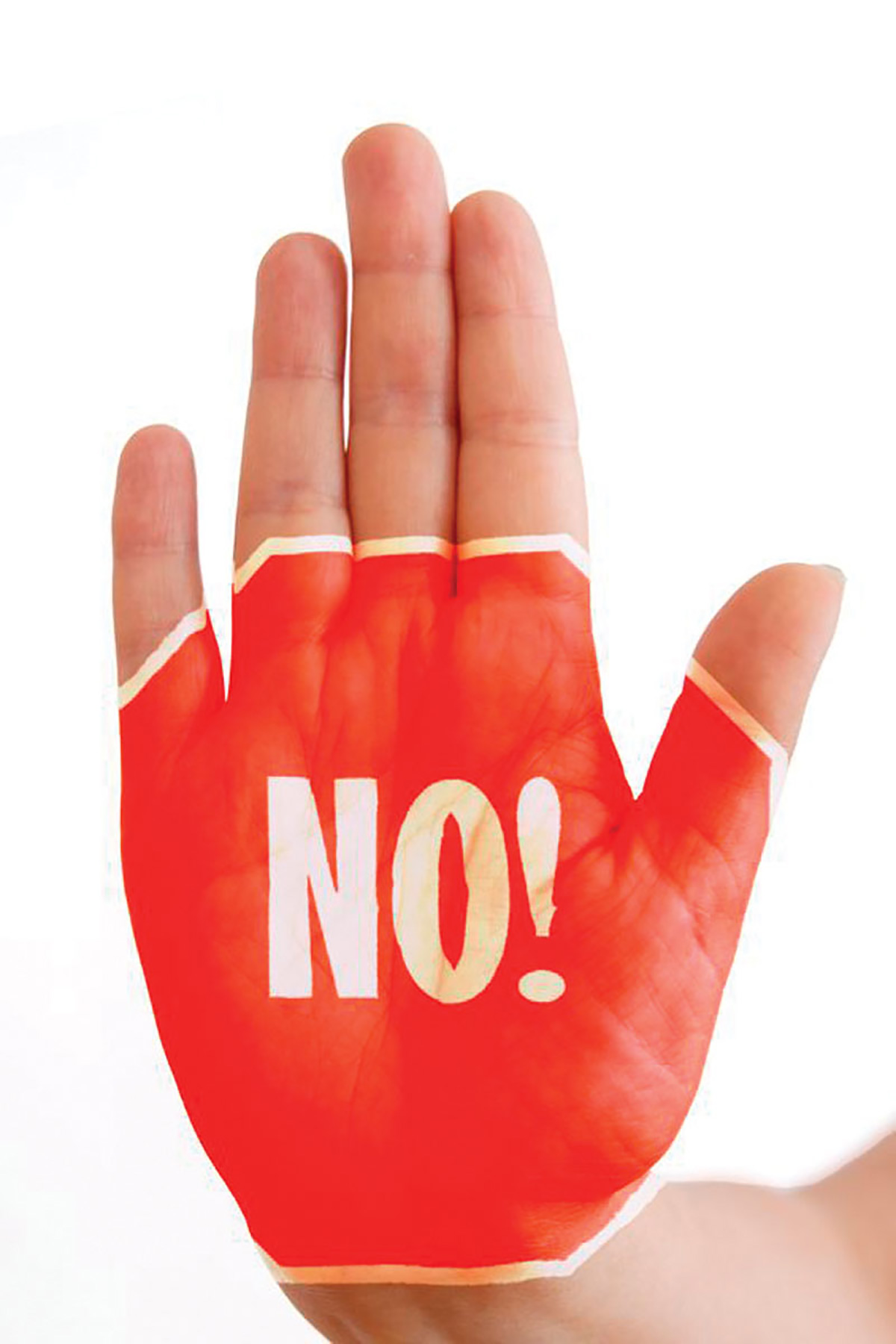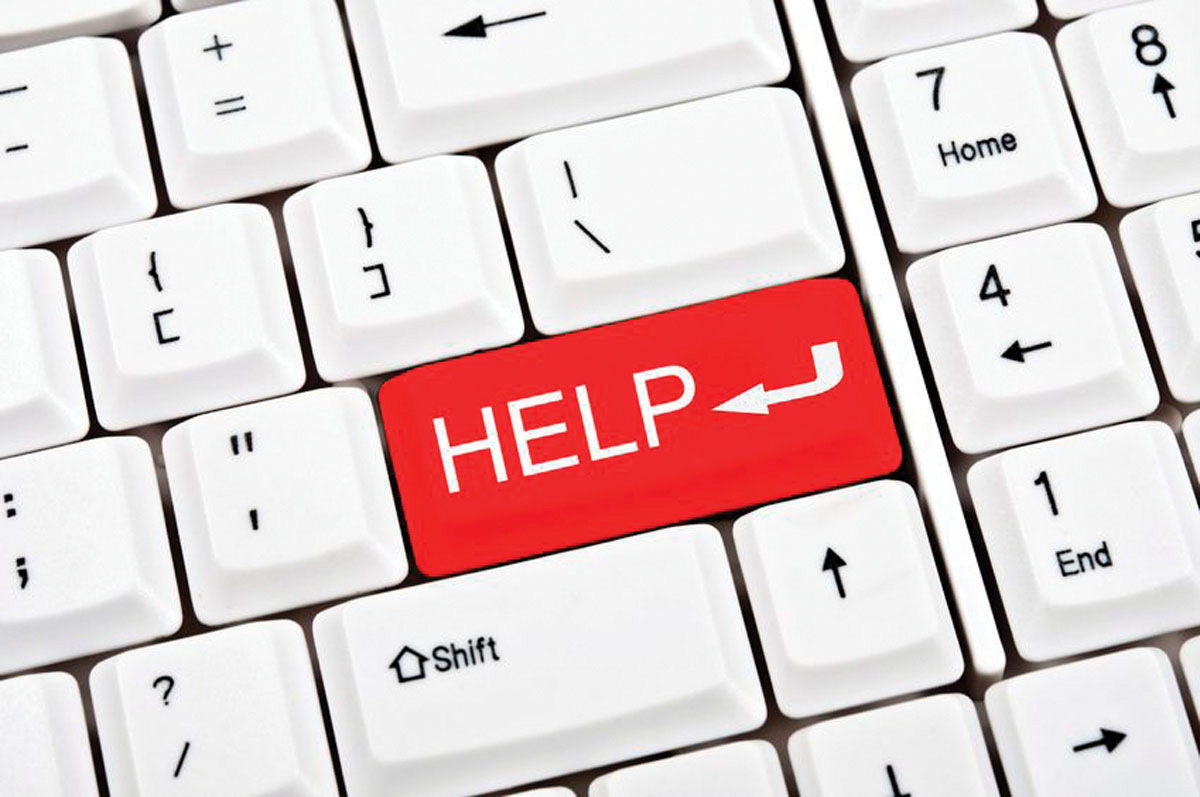 1. Say No: Taking on more than you can handle may please those around you, but this is one of the best ways to become stressed. Learning to say ‘no’ shows people that you know your limits and will stick to them.
1. Say No: Taking on more than you can handle may please those around you, but this is one of the best ways to become stressed. Learning to say ‘no’ shows people that you know your limits and will stick to them.
 2. Record Keeper: Keeping a journal can help you to identify the places, people, times of day and activities you are engaged in when you feel your stress rise.
2. Record Keeper: Keeping a journal can help you to identify the places, people, times of day and activities you are engaged in when you feel your stress rise.
 3. Avoidance Strategy: Don’t think that avoiding stressors is a weakness. If politics makes you angry, don’t watch the news. If your commute makes you rage, try a quieter but longer route to work. If someone consistently causes you stress, you have to limit the time you spend with them.
3. Avoidance Strategy: Don’t think that avoiding stressors is a weakness. If politics makes you angry, don’t watch the news. If your commute makes you rage, try a quieter but longer route to work. If someone consistently causes you stress, you have to limit the time you spend with them.
 4. Get Recharged: If you make regular space for relaxation and give yourself plenty of time every day in order to fully recharge, you’ll be in a much better position to cope with stress.
4. Get Recharged: If you make regular space for relaxation and give yourself plenty of time every day in order to fully recharge, you’ll be in a much better position to cope with stress.
 5. Sleep well: Being tired can impair cognitive functioning and increase levels of stress hormones. Setting aside at least 8 hours a night for sleep will fuel your mind as well as your body.
5. Sleep well: Being tired can impair cognitive functioning and increase levels of stress hormones. Setting aside at least 8 hours a night for sleep will fuel your mind as well as your body.
 6. Seek Support: Asking others for support can be seen by many as a signal of weakness. It’s not. Being self-aware enough to know when to ask others for help is a true human strength.
6. Seek Support: Asking others for support can be seen by many as a signal of weakness. It’s not. Being self-aware enough to know when to ask others for help is a true human strength.
 7. Time Management: Poor time management is usually one of the most common causes of stress. Put aside some time every day to plan your time carefully and you’ll be calmer for it.
7. Time Management: Poor time management is usually one of the most common causes of stress. Put aside some time every day to plan your time carefully and you’ll be calmer for it.
 8. Attitude Adjustment: How you think has a profound effect on your emotional and physical well-being. Try to eliminate self-defeating thoughts by reflecting on all of the things you’re grateful for in life, including your own positive qualities and abilities.
8. Attitude Adjustment: How you think has a profound effect on your emotional and physical well-being. Try to eliminate self-defeating thoughts by reflecting on all of the things you’re grateful for in life, including your own positive qualities and abilities.
 9. Breathe Deeply: Deep breathing sends a message to the brain to calm down and relax. Taking a moment to breathe deeply a few times a day can help to reduce stress in seconds.
9. Breathe Deeply: Deep breathing sends a message to the brain to calm down and relax. Taking a moment to breathe deeply a few times a day can help to reduce stress in seconds.
 10. Get Talking: If something or someone is a stress trigger, communicate your concerns in an open and respectful way. Keeping quiet will not change things, and this may also be a trigger for others.
10. Get Talking: If something or someone is a stress trigger, communicate your concerns in an open and respectful way. Keeping quiet will not change things, and this may also be a trigger for others.
ABOUT THE AUTHOR
› Ian Hoare is an Organizational Psychologist, diagnosing & developing organizational behavior to improve the performance and well-being of employees. Having worked and traveled around the globe he now lives in Miami Beach with his family; UtopianConsulting.com.











